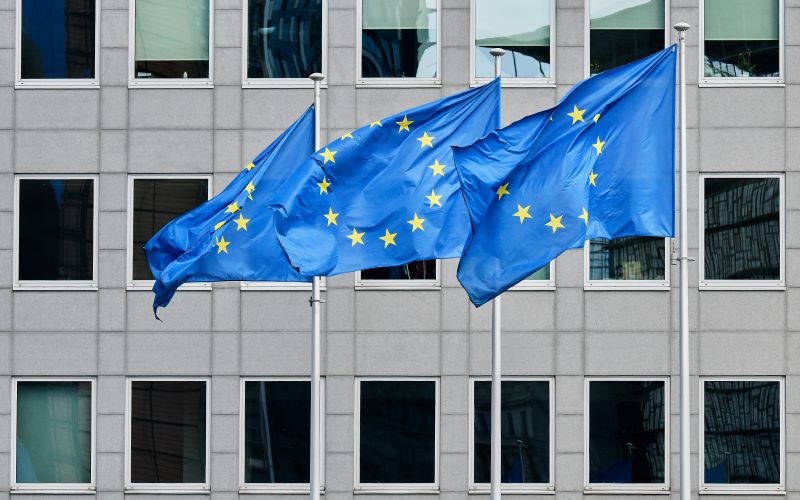The European People’s Party (EPP) has called on the European Commission to withdraw the proposed Green Claims Directive, raising fresh doubts over the future of one of the last major legislative files linked to the EU Green Deal. The request, outlined in a letter, comes just days before what could be the final round of trilogue negotiations on 23 June.
Addressed to Environment Commissioner Jessika Roswall—herself aligned with the EPP—the letter was signed by two EPP shadow rapporteurs who argue that the directive risks placing an undue administrative and financial burden on businesses. The proposed law, introduced in September 2023, aims to curb greenwashing by requiring companies to substantiate and independently verify environmental claims on products and services.
While acknowledging the need for some reflection on the directive’s contents, the MEPs criticised its proposal for a pre-approval mechanism for environmental claims, calling it “fundamentally flawed” and citing concerns over competitiveness, as outlined in the Draghi report.
The Green Claims Directive has already been weakened following sustained pressure from centre-right and right-wing lawmakers, and without support from the EPP—the European Parliament’s largest political group—it faces a likely collapse.
Alice Bah Kuhnke, the Green group’s shadow rapporteur, accused the EPP of undermining both climate and consumer protection. “The EPP is trying to pull the plug on consumer and climate protection,” she said. “They’re wasting everyone’s time and dismantling the legislative process.”
The Commission has yet to issue a formal response to the letter.
The EPP’s challenge to the Green Claims Directive comes amid broader moves to roll back other key pieces of Green Deal legislation. According to parliamentary sources, the group has recently debated whether to oppose not just the directive, but also the EU’s forest monitoring and soil health proposals. While direct opposition may not be necessary, the Commission has already hinted at withdrawing the forest file due to a perceived lack of ambition from member states.
In the case of the EU Soil Health Law—intended to improve the condition of Europe’s degraded soils—attempts by German and Austrian EPP members to rally broader party resistance recently failed in the European Parliament’s environment committee.
The Green Claims Directive has also faced criticism from environmental NGOs and consumer advocacy groups. Concerns have been raised over the Council’s proposal to rely solely on the Product Environmental Footprint (PEF) methodology, which campaigners argue could favour industrial agriculture over local and organic alternatives.
French consumer group UFC-Que Choisir issued an open letter last week describing the directive as a “serious infringement of consumers’ right to be properly informed,” and urged the French government to abstain from voting on the current text to allow for its revision.
Despite some internal dissent within the EPP—reportedly from at least four national delegations—the group’s overall position could prove decisive in determining the directive’s fate.




















